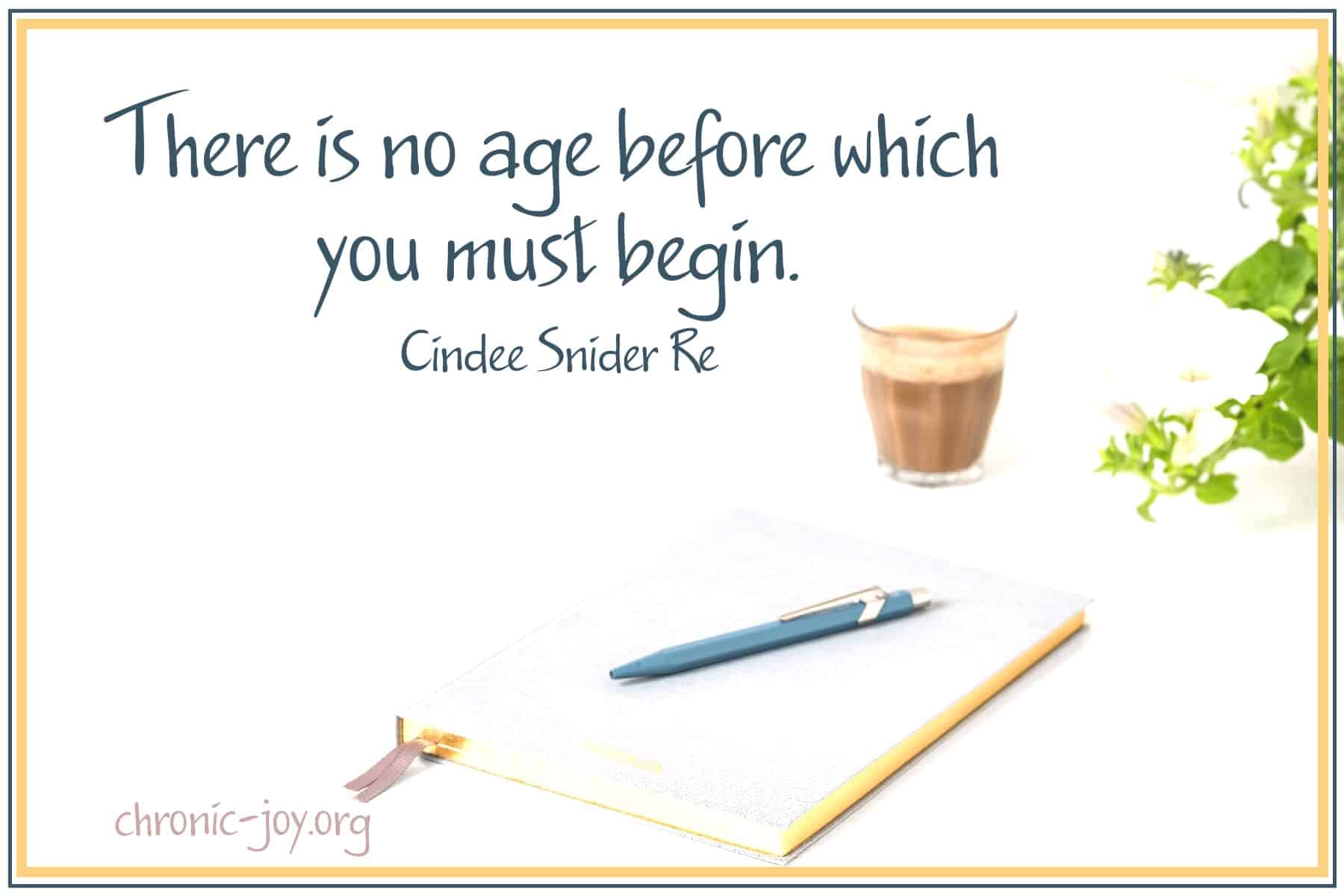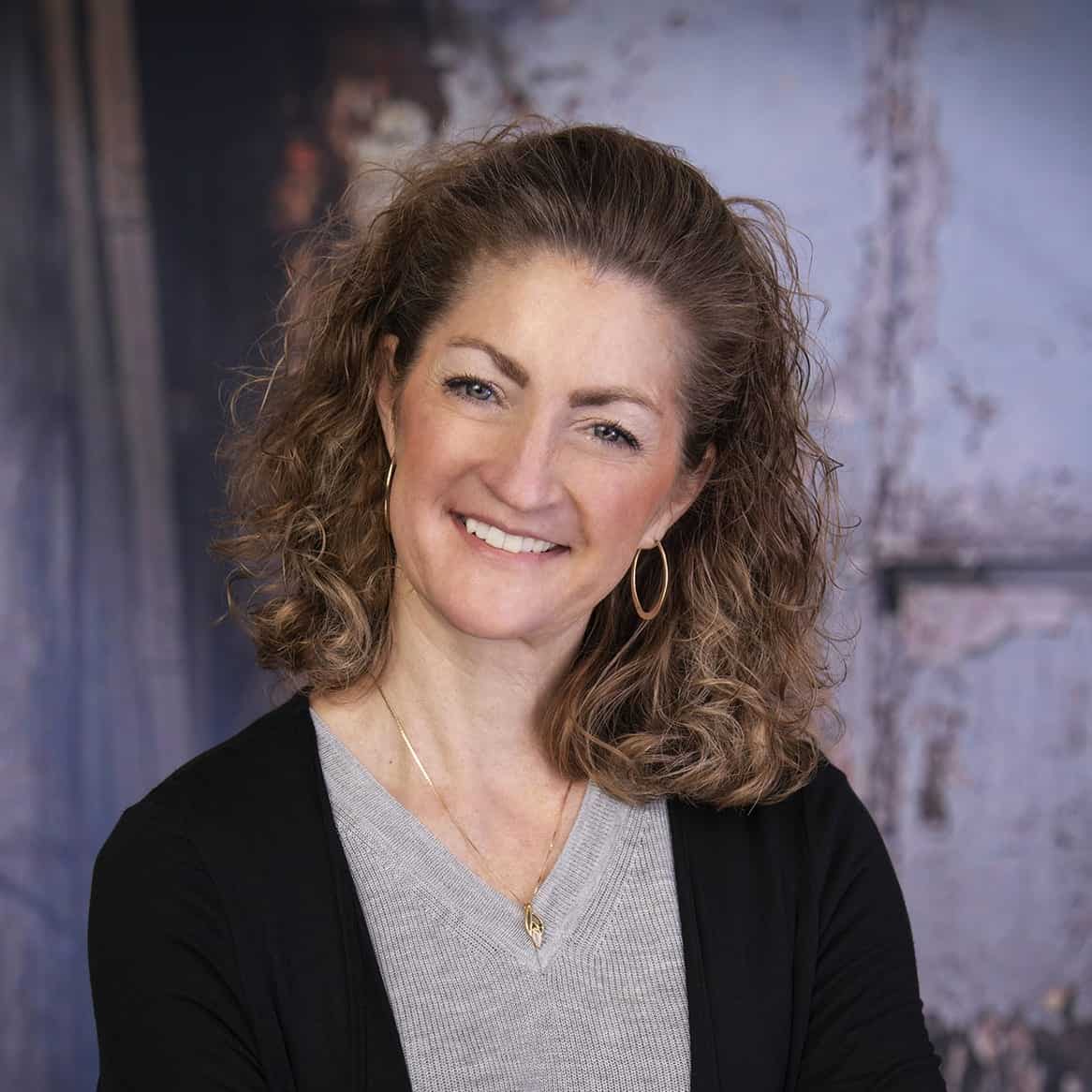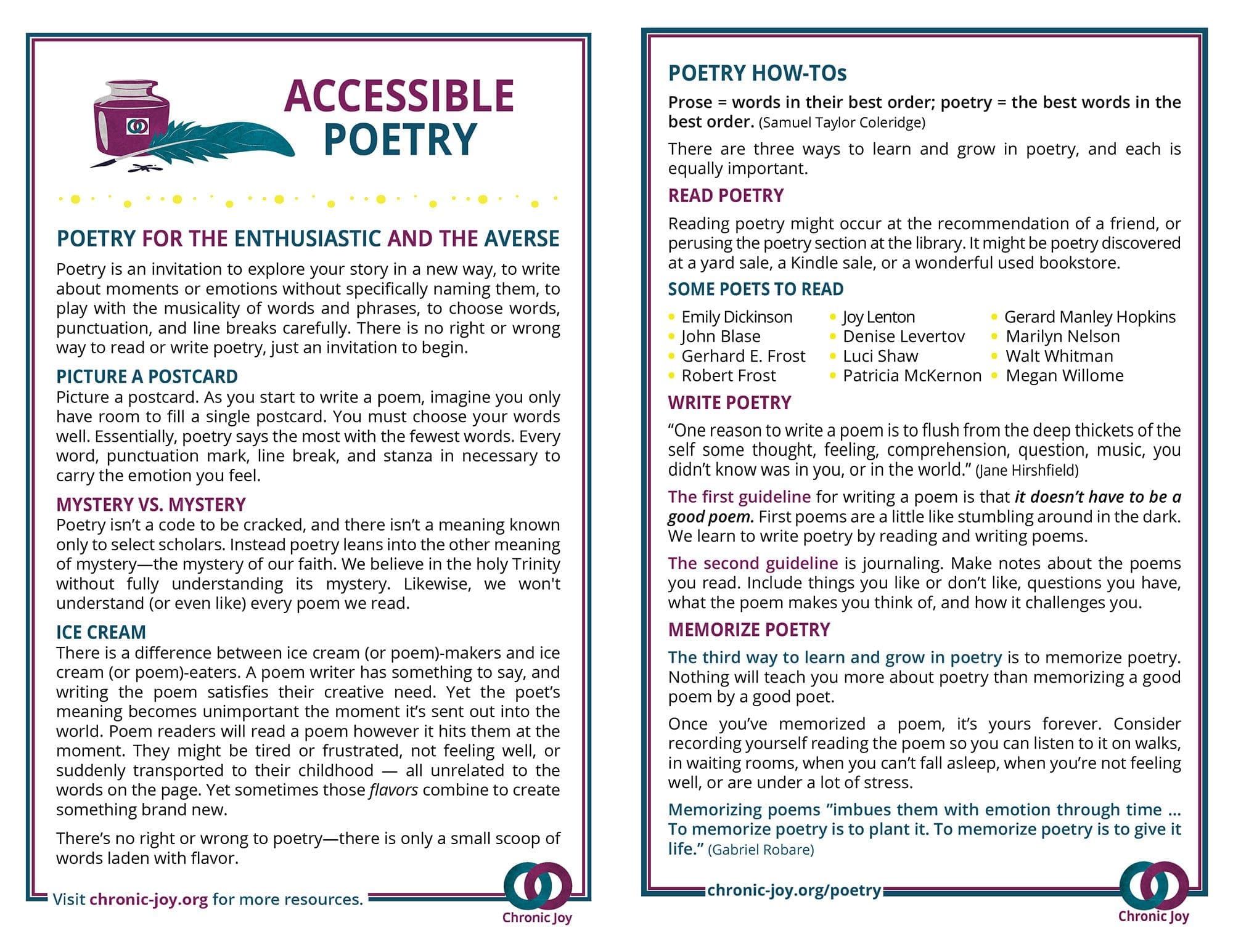
POETRY IS AGELESS AND TIMELESS
There is no age before which you must begin. Poetry is ageless, timeless, and open to all.
Langston Hughes published his first major work at age 19, Emily Bronte at 29, Virginia Woolf at 33, Maya Angelou at 41, and Emily Dickinson was first published after her death.
Peggy Freydberg celebrated her 90th birthday before she picked up her pen, and when she did, she wrote of what she knew.
I know that I could no more cease
To want to make my bed each morning,
And fold the covers back at night,
Than I could cease
To want to put one foot before the other.
(From Chorus of Cells)
We write most authentically when we write about what we’ve experienced, what we’ve lived, what we’ve seen, when “we speak of what we know, and we testify to what we have seen…” (John 3:11).
WRITE WHAT YOU KNOW: AGELESS AND TIMELESS
Tom Schulman, scriptwriter for Dead Poet’s Society, wrote, “Sometimes the most beautiful poetry can be about simple things, like a cat, or a flower, or rain.”
These are the thin places – those moments when the veil thins and eternity bleeds through, and often they are mysteriously tucked into the unassuming, unexpected, and ordinary moments of our days.
CHOOSE SOMETHING SMALL
For this poetry prompt, we invite you to choose something small, unimposing, or routine to write about. Things like:
- A simple response
- A routine task (ie: brushing your teeth, making you bed, feeding the dog, pouring a cup of coffee, ordering a medication refill)
- An ordinary object (ie: a paperclip, sock, toothpick, cotton ball, pencil, wedding ring, strand of hair)
- Moments in time (ie: the time it takes to boil water, pour a bowl of cereal, seal an envelope, or tie a shoe)
- A superficial word (ie: the, in, out, a, of, can)
- A small weight (ie: a feather, pull tab, lady bug, tissue, tear drop)
- An ordinary kindness (ie: saying please or thank you, holding the door, holding an elevator, being on time, smiling at someone)
- Small victories (ie: getting out of bed, rising from a chair, eating breakfast, walking the dog, walking 10 steps)
- A faint sound (ie: footsteps on carpeting, an exhale, turning a page, the breeze through the trees)
- A small difference (ie: 1 cent, 1 second, 1 heartbeat, 1 inch)
USE QUESTIONS
Consider leaving your reader with a question like Frances H. Kakugawa did in her poem, Drought.
I have become that soil
That slips through the fingers
Of the farmer,
Sucked dry of life.
Will the rains never come?
Consider writing the entire poem as a series of questions as I did in my poem, Chronic.
Can you name the dark? Can you speak
the steam rising from your cup? Can you voice
the box clogging your throat? Can you gather the beat
of the dripping loss as He plaits the days you cannot see,
into warp and weave of a soul set free?
WRITE ABOUT SUDDEN CHANGES
Consider turning the ordinary on its head like Leona J. Atkinson in her poem, Surprises.
Daily plan upset
God’s ways are not our ways
Things can change quickly
In just the blink of an eye
With just the ring of a phone
POEMS CAN BE SHORT
Consider writing just five lines as Franz Wright did in his poem II.
The long silences need to be loved, perhaps
more than the words
which arrive
to describe them
in time.
AGELESS AND TIMELESS: POETRY INVITES
James K. A. Smith wrote, “…poetry invites us to the edge: to that risky precipice where words succeed in their failure; to that frightening fulcrum where the world teeters, back and forth, between abyss and icon; and to the dark corners of a broken-hearted world where there are holes cut out for the grace to get in.”
Consider writing about the spiritual significance God has woven into creation as Christopher Yokel did in Awake O Sleeper.
The corpses of trees are
wrapped in fog’s death shroud,
but I hear the sound of the
robin, singing the first
note of resurrection.
NOW IT’S YOUR TURN
As you observe the tick of the clock, the curve of an eyelash, the cool of a granite countertop, be aware what you see and hear, how you feel, what you taste and smell, how these connect with the moments you’ve lived. Then pick up your pen and begin.
It doesn’t matter your age, whether or not you think you are a poet. Try it! Poetry is ageless and timeless.


Cindee Snider Re
Author, Designer, and Co-Founder of Chronic Joy®
Cindee is married to the man she loves most in this world, Mom to five adult kids plus a son- and daughter-in-love, and Lolli to an adorable grandbaby. She and four of her kids have Ehlers-Danlos and myriad co-existing conditions. While a life steeped in illness is not what she would have chosen, through it, she’s learning that the deeper the valley, the greater her capacity for joy.
Cindee is the author of Discovering Hope, Finding Purpose, Embracing Worth, and I Take You in Sickness and in Health.

Accessible Poetry
Poetry is an invitation to explore your story in a new way, to write about moments or emotions without specifically naming them, to play with the musicality of words and phrases, to choose words, punctuation, and line breaks carefully. There is no right or wrong way to read or write poetry, just an invitation to begin.

Recent Comments